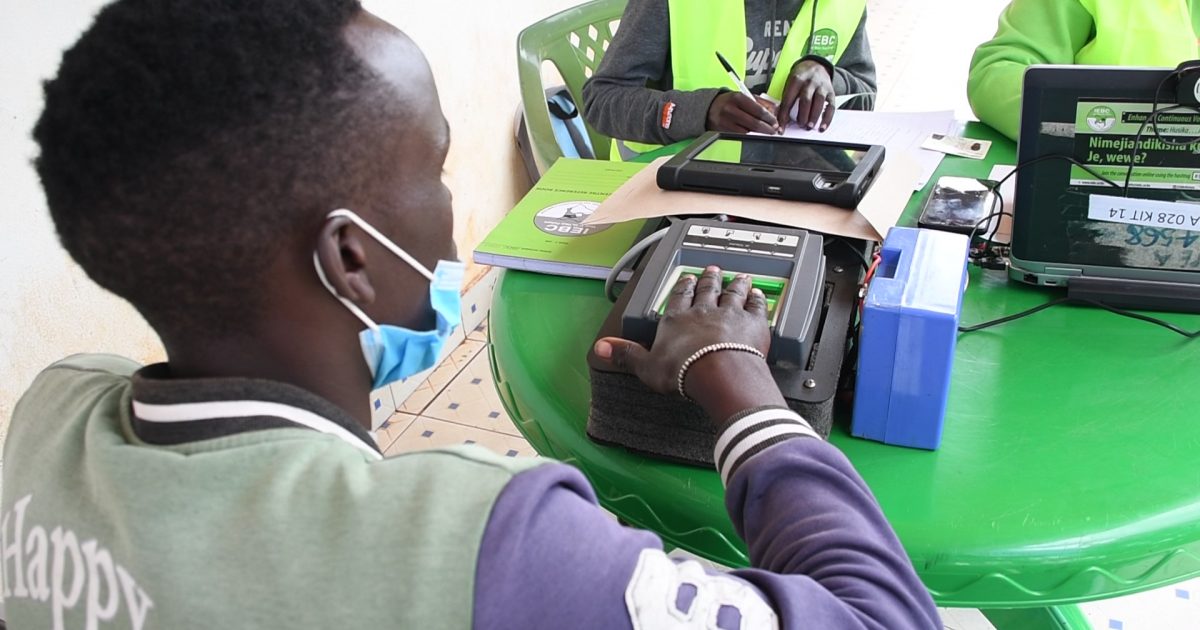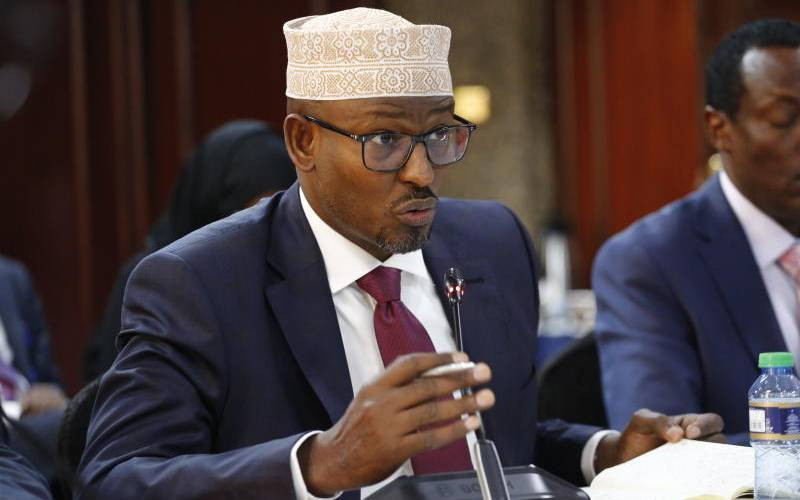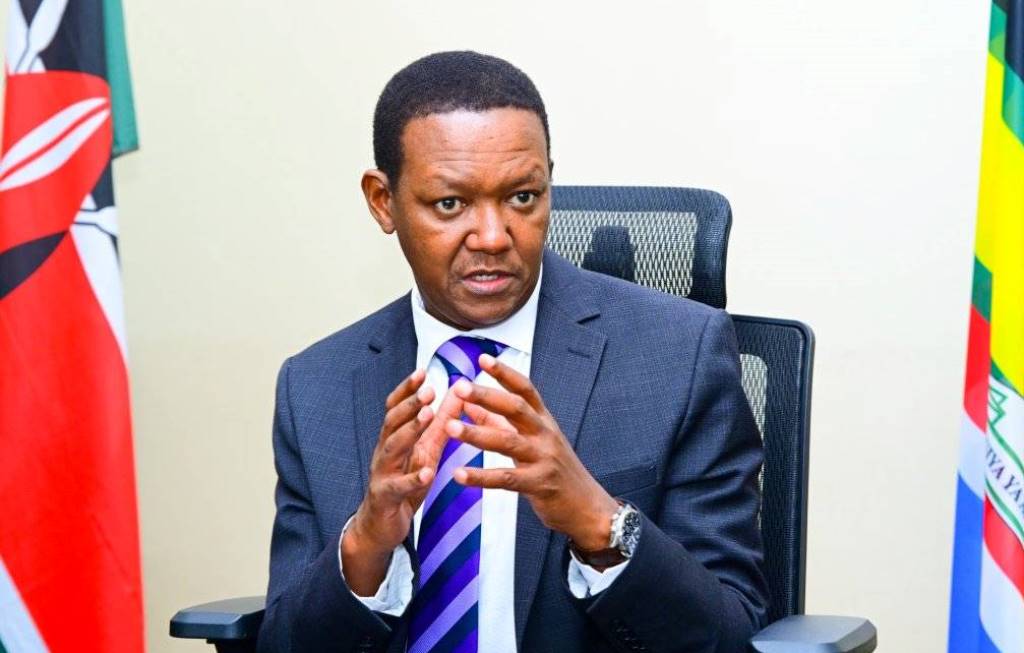By Our Reporter
Concerns have emerged within the opposition camp following reports by the Independent Electoral and Boundaries Commission (IEBC) indicating significantly low levels of voter registration, particularly among Generation Z. The demographic, widely perceived as leaning towards the opposition, is seen in some quarters as a crucial factor in shaping who will emerge victorious in the next General Election.
Electoral victories are secured during voter registration phases, experts warn. They point to the 2013 election, when former President Uhuru Kenyatta and his then-deputy William Ruto rode to power on what was termed the “tyranny of numbers”. The latest IEBC statistics suggest that a large proportion of first-time voters, mainly from the Gen-Z age group, are likely to miss the chance to cast their ballots in 2027 unless registration improves.
The united opposition has placed high hopes on the youth vote, arguing that widespread disillusionment among young people with President Ruto’s administration could deny him a second term. Yet, hesitation and apathy among Gen-Z voters appear to be undermining these expectations. Despite being at the centre of anti-government protests, many are not taking the vital step of registering as voters.
Political manoeuvres within the opposition have further complicated the picture. Former President Uhuru Kenyatta recently hosted ex-Cabinet Secretary Fred Matiang’i during the Jubilee Party National Delegates Conference, a move that unsettled Deputy President Rigathi Gachagua and deepened internal divisions. Jubilee Secretary General Jeremiah Kioni accused Gachagua of fuelling tribal politics that could ultimately strengthen Ruto’s re-election bid.
While both Matiang’i and former Chief Justice David Maraga were at different times viewed as favourites among Gen-Z, their momentum has waned. Maraga’s early promise faded after announcing his candidacy but failing to make visible political moves, while Matiang’i’s support base is confronted with the uncomfortable reality that many of his young backers have not registered as voters.
Alarmingly, low registration has been reported in key opposition-leaning strongholds, including Mount Kenya, Ukambani, Kisii, and even Nairobi, which was at the epicentre of Gen-Z protests. Analysts caution that voter apathy in regions such as Nyanza, should Raila Odinga not appear on the presidential ballot, and Mount Kenya, if Gachagua is excluded, could further suppress turnout, inadvertently benefiting Ruto in 2027.
Past election data underscores this challenge. IEBC records reveal that younger voters traditionally participate less than middle-aged and older citizens. Although approximately 75% of Kenya’s population falls between 18 and 35 years, youths made up only about 40% of newly registered voters in the 2022 election.
As the clock ticks towards 2027, the opposition faces a sobering reality: unless Gen-Z translates their activism into tangible voter registration and turnout, the much-anticipated “youth wave” may remain more aspiration than reality, leaving the advantage squarely in President Ruto’s hands.





